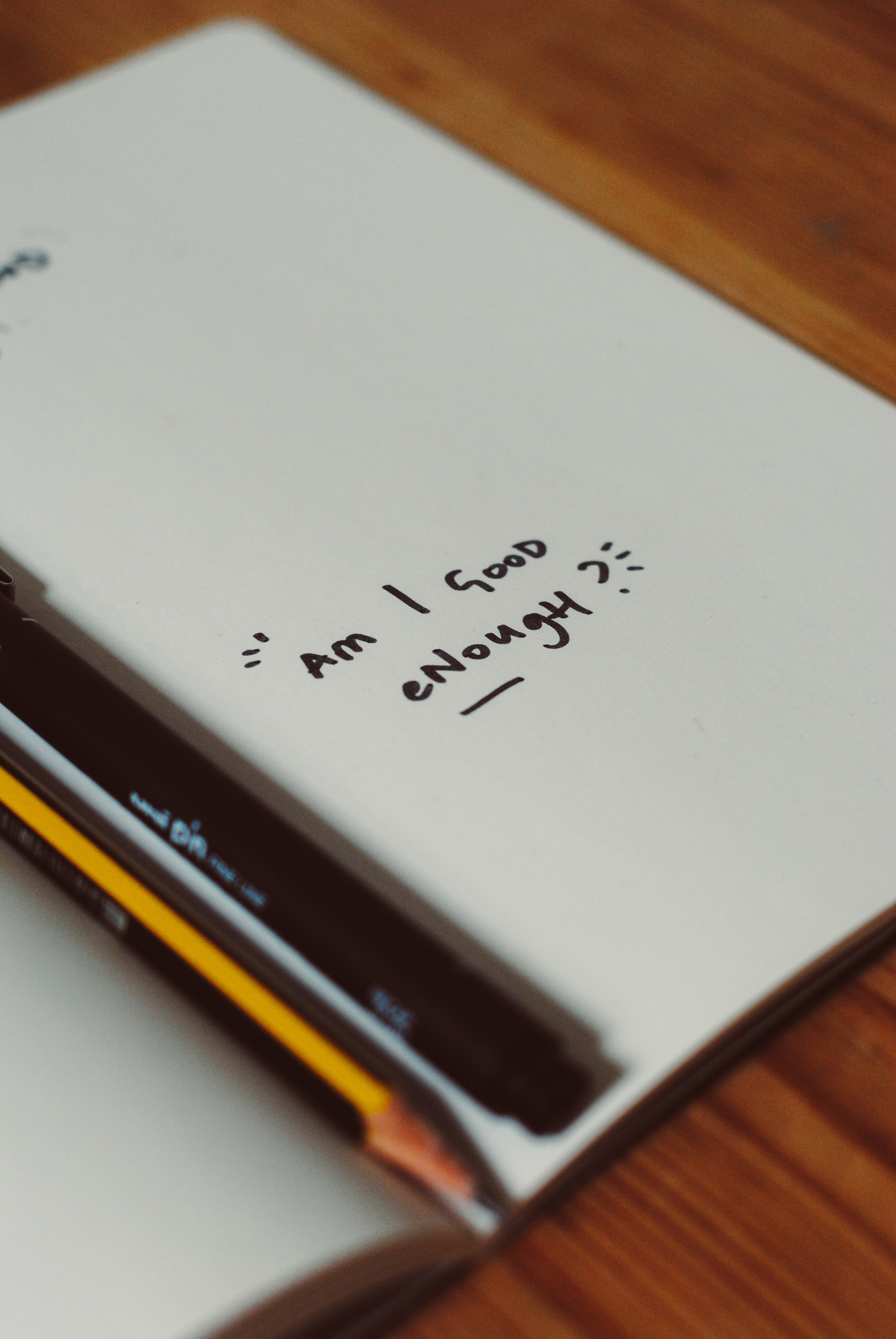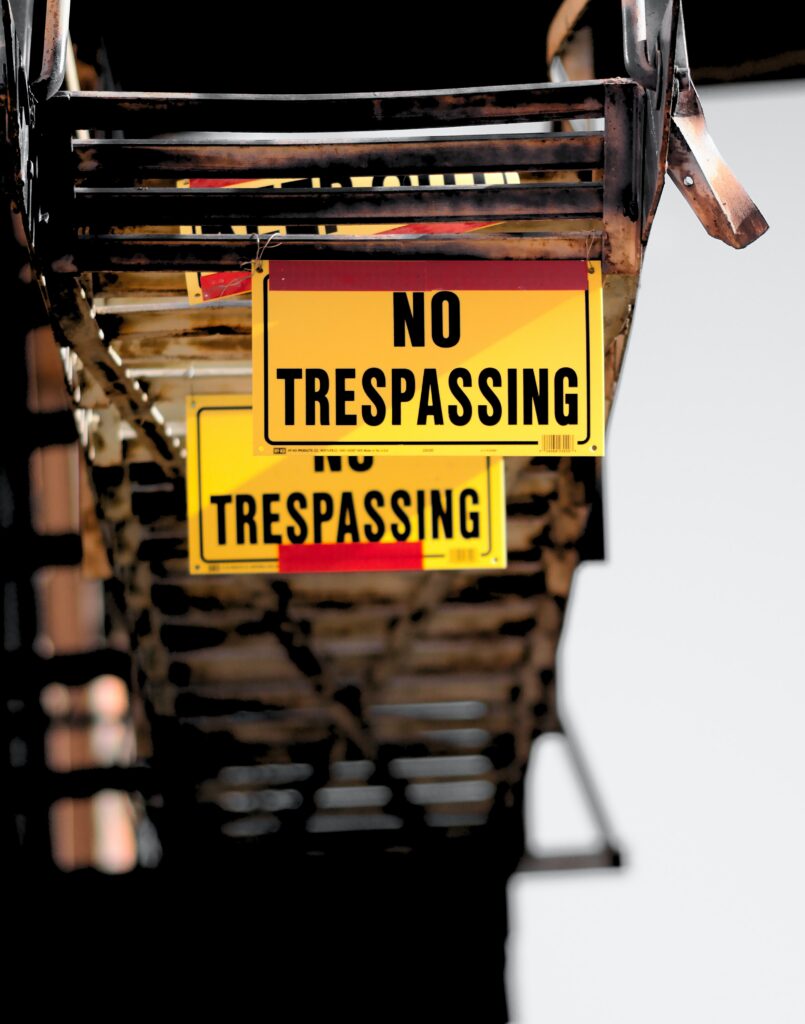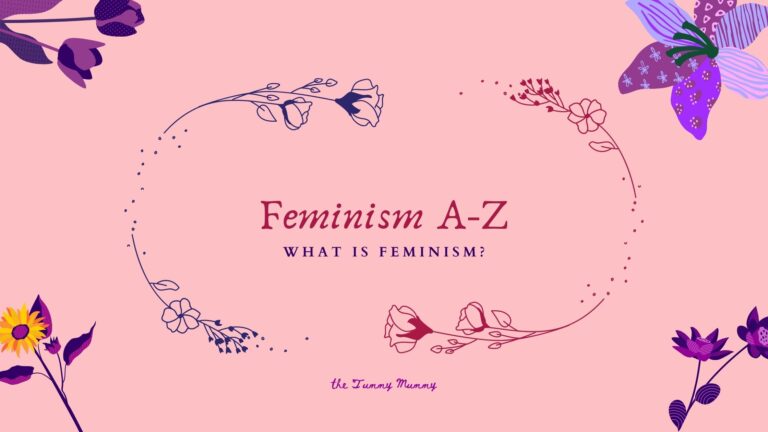Healthy boundaries are set when the kids learn to say NO. To learn to say NO efficiently, the kids must start establishing healthy boundaries in the family.
Creating healthy boundaries is like creating a wall around ourselves, and putting a door, so people can knock before walking in…
Let me recall something that happened in my neighbourhood. In the apartment I live, a girl (of my daughter’s age) hit and disdained other kids. She was rude and unkind to everyone. The kids who felt bullied by her often came to me to talk about it. They wanted a solution.
However, I had none to give. It wasn’t my place to discipline someone’s kid.
As parents, the first lesson we learn when the kids go out into the world is they are different people from who they are at home. They behave and act differently when we are not around.
So it is important to explain to them about healthy boundaries, and the difference between healthy and unhealthy boundaries.
My daughter, who is simple and vulnerable in my presence, acts stylish and like a model outside. It is not wrong either. It doesn’t prove anything about the safety of their homes.
Some kids express themselves differently to different people, that’s all. But, if they have an altogether different personality outside, then that’s when we should start worrying.
This girl, who was mean to other kids, is terrified of her mom. Her mother reprimands her in public- in front of her peers and other parents. It must be shaming and embarrassing for that kid.
When the other kids in the neighbourhood complained about the girl’s behaviour to her mother, she scolded her daughter in front of them. She simply asked the other kids: “Shouldn’t you try and be friends with my daughter?”
Violation of Healthy Boundaries
Why do we naturally assume that people owe us something: like kindness, friendship, love or anything? Nobody owes anybody anything. So, why do we expect kids to be friends with someone they don’t like? Isn’t it a violation of their healthy boundaries?
Would you be friends with someone rude to you for no reason?
I can understand, as a parent, the fear of seeing your kid lonely with no friends. But how do we solve it? By telling other kids that they owe the friendship without our kid working hard to earn it?
My daughter came home several times crying when that girl bullied her. I talked to another neighbour who also happened to be a close friend of the girl’s mom.
I explained how it worries me to see my daughter getting hurt and crying all the time. K doesn’t talk back rudely even though someone was mean to her. If she did, she would feel guilty until they forgave her for it.
My neighbour replied that her daughter was also the same until last year. She had a similar temperament to K, so whenever that girl bullied her, she would cry or be upset about it for a long time.
At this point, I should also mention how my neighbour’s daughter was obliged to be friends with that girl because the mothers were friends already.
My neighbour told me the lesson she imparted to her daughter after confronting several incidents with that girl. She told her daughter that either she could be upset about it or stand up for herself.
Unintentionally Victim-Blaming
Though I liked she asked her daughter to stand up for herself, I did not like the ‘how’ part of the process. Here is what she told me:
“I told my daughter that she can’t be kind to everyone. If someone bullies her, then she should bully them back. She should give what she gets. If she tries to be kind and gentle, the bully will take advantage of it.”

When did we segregate kindness as a weapon of weakness and disadvantage?
If kindness is only suitable for particular situations and people, shouldn’t we justify war and terrorism? Why are we saying that a small act of kindness could bring peace?
It felt unfair to that soft, gentle kid who had to toughen up to escape from the bullies and the unkind treatment of the other girl. The other girl is the one who needs to be changed.
My daughter asked me if she should be rude to those who are rude to her. It got me thinking. Would I want the other kids to take advantage of her since she is kind and empathetic? No, never. But do I want my daughter to change her kind and loving personality depending on the situation? Absolutely Not.
How To Confront a Bully Healthily? Spoiler Alert: Don’t.
So, I told her this: “I want you to stand up for yourself, too.”
“How do you mean?” she asked.
“I want you to understand the kids who are bullies, hard to crack and unkind first.”
“Should I talk to them about it?”
“No. You need not if you don’t want to.”
“Then, how do I understand them?”
“The humans become cold, dark and hard due to several reasons. But the most basic and common of all reasons is this: lack of love.”
I could tell that she was trying to understand. She is five years old, and I had to put these terms in an easier way for her to grasp the meaning.
A Quick Science To Help With Understanding Healthy Boundaries and Bullying
We prepared a DIY Non-Newtonian fluid with cornstarch and water. Then, I asked K to put her hand into it gently. She played with the liquid like it was a watery slime. Then I told her to make a fist and punch through the liquid. The surface hardened, and she could not get through the liquid.
After playing with the quicksand for some time, I told her that people are like the liquid, too.
“When someone treats us gently and lovingly, we are flexible and mend our ways. Stress, pressure and harsh ways harden us, just like the quicksand under your fist.”
“So, the rude kids lack love?” she asked.
“Yes. Or they were given something else instead of love. They know and perceive love differently than us.”
“Should I let them be rude to me then?”

“No. I don’t want you to be hurt. I want you to stand up for yourself. You don’t have to be rude or mean to establish a boundary.”
“How else can I establish a boundary?”
“By saying NO first… You tell anyone ill-treating you to stop. If those kids don’t listen to your warnings, you walk away. You do not have to be friends or talk to them.”
Hurt People Hurt People
“It sounds simple. Will it work? What if they hit me anyway?”
“You tell an adult. Hitting them back will only escalate the situation.”
“I think I can do that,” she said.
“I know you can,” I patted her back. “Also, remember you or your personality is not an excuse for the other kids to bully you. Kindness or gentleness is not a magnet for bullying.”
We all do victim shaming so naturally that we are unaware of it. We should be conscious of the message we are passing on to them. Telling kids that their kindness made them a target for bullying is victim-blaming.
Also, we may forget that a child who bullies is a child. The powerless, abused child at home may seek that power outside. Result- we have a bully in our hands.
Instead of getting defensive when someone reports the unkind behaviour of our kids, we could pause and think about how they lack love at home. Also, we could take a good look in the mirror: Am I teaching my kid that abusive behaviour is acceptable?
Do not encourage rudeness as a response or a defence mechanism. We need more kindness in this world.
[TTM]Written and edited: 13-October-2022




